2022 Clean50 Nominee Spotlights: Education & Thought Leadership
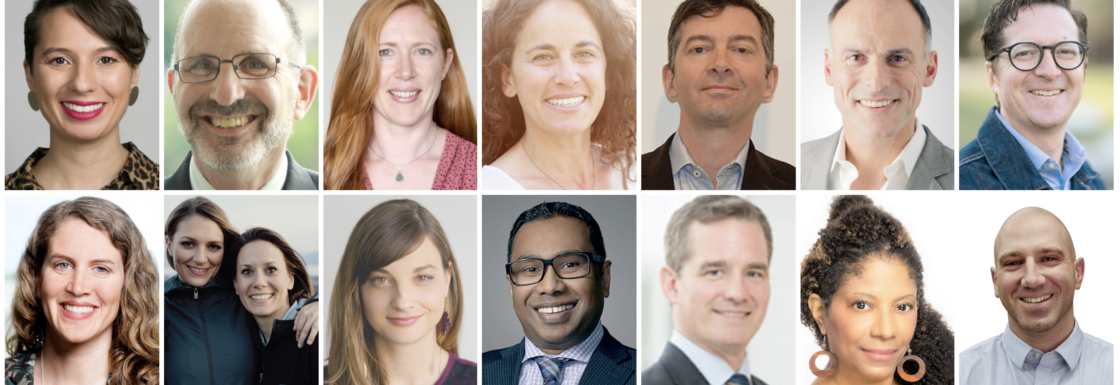
The judging panel for this year’s Clean50 has been ripping their hair out trying to narrow down the list of exceptional educators and thought leaders that have submitted their responses for the 2022 Clean50 Awards. They know one thing is for sure – Canada has some amazing people at the forefront of environmental education.
The Education & Thought Leadership category can include teachers from all levels of educational institutions, and individuals whose organizations focus on informing others. Thought leaders are (typically) individuals who are not necessarily employed as educators, but who influence opinions across a broad sphere.
We are highlighting fourteen fantastic nominees who have submitted their responses in this category. Unfortunately, we cannot recognize all of these individuals as Clean50 honourees; however, each of the individuals mentioned below is worthy of recognition.
The Clean50 is honoured to have been able to consider so many talented Canadian leaders for a Clean50 Award this year – and below, in alphabetical order by surname, we are sharing them with you:
Yasmin Abraham
Kambo Energy Group – Vancouver, British Columbia

Yasmin co-founded the social enterprise Kambo Energy Group in 2009 to fill the gap in addressing equity in energy and efficiency programs. Her organization designs and delivers equity-focused energy efficiency programming and services for Indigenous Nations, newcomers, immigrants, and lower-income Canadians.
Kambo’s flagship program, Empower Me®, is Canada’s only energy efficiency program designed specifically for and delivered by multicultural and multilingual groups. It is a multi-award-winning program that designs and delivers equity-based energy efficiency programming to help newcomers, immigrants, and racialized Canadians access, understand, and take advantage of energy literacy education, rebates, and other programming.
21% of the Canadian population identify as immigrants, the majority of whom speak a non-official language as their mother tongue and immigrate from countries with different housing and energy systems than those in Canada. Through Empower Me, Yasmin has supported 60,000 newcomers and immigrants to understand how their homes use energy, how to read their utility bills, and how to take advantage of energy efficiency programming that is available to them through their utilities and governments. By leading the Empower Me team to provide climate education in multiple languages, in culturally appropriate ways, and in places and spaces of trust – Yasmin has ensured more Canadian families are aware of and have access to the vital climate and sustainability programming to reduce their energy costs and support climate goals.
Mitchell Beer
Energy Mix Productions – Ottawa, Ontario
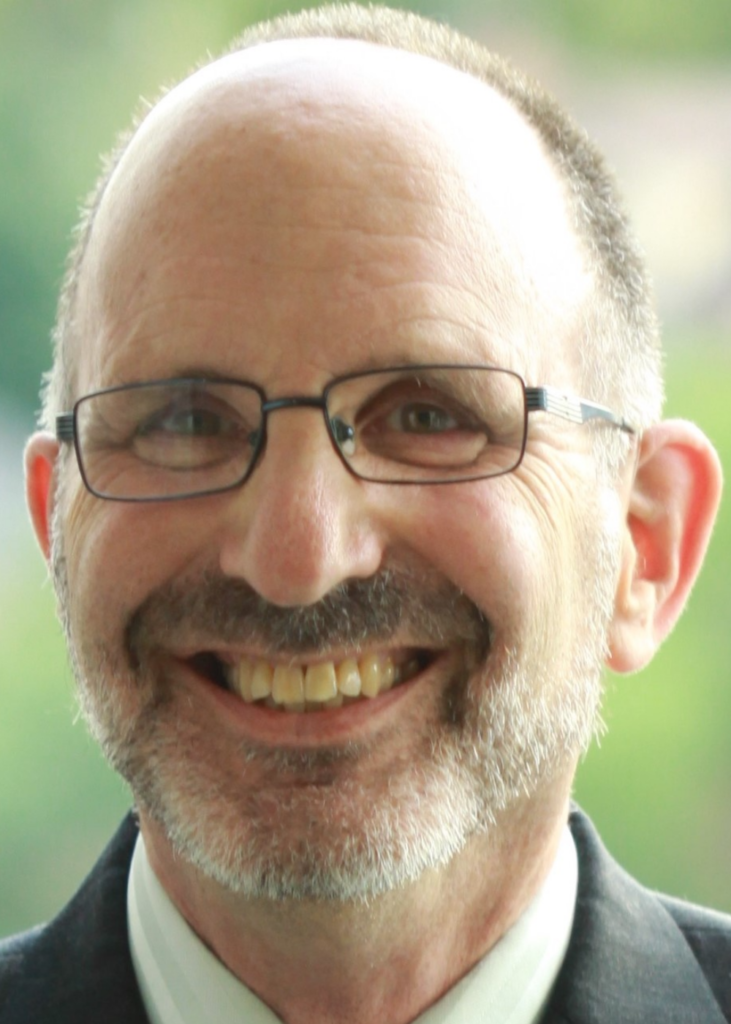
Mitchell Beer launched The Energy Mix in May 2014 as a thrice-weekly e-digest on climate change, energy, and the shift off of carbon.
By curating the latest environmentally-focussed news across a wide, diverse, urgent subject area, The Mix has become an influential platform that fosters dialogue and knowledge sharing on climate impacts, solutions, and the social and economic transformations that will drive rapid, deep decarbonization. As of March 2021, The Mix had 3,925 newsletter subscribers, and the articles had seen ~480,000 page views over the previous two years.
Much of Mitchell’s work focuses on communicating outside the climate action “bubble” (in other words, targetting people who aren’t already primarily focused on the climate crisis), giving specific audiences the information they need to engage with the climate crisis.
In 2021, Energy Mix is scaling up its original reporting and analysis to help citizens and decision-makers embrace genuine, practical solutions that can deliver fast, measurable emission reductions. By scanning at least 1,200 headlines per week and curating the best they can find, Mitchell and his small team aim to help The Mix’s readers short-circuit their own daily content search, learn about climate issues and solutions that wouldn’t normally cross their desks, and spot synergies and connections with other aspects of the work that wouldn’t otherwise come to their attention.
Dr. Elena Bennett
McGill University Professor – Montréal, Québec
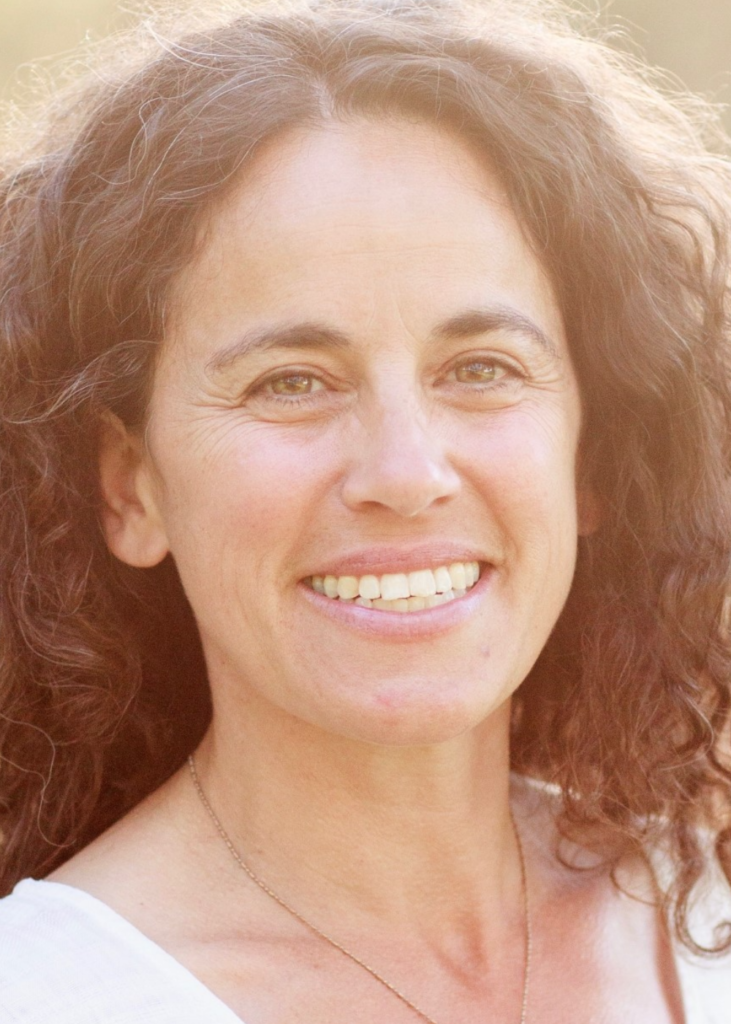
Dr. Elena Bennett is incredibly dedicated to expanding knowledge of Canada’s ecosystems. She is the director of ResNet, a pan-Canadian research network involving more than 150 multidisciplinary scholars and designed to improve the way Canada monitors, models, and manages its ecosystem services (the benefits people derive from nature). Elena’s publications have been circulated around the sustainability research space and have been cited by thousands. In particular, her “knowledge-to-action” approach to sustainable management, which includes stakeholders in the process of scientific discovery, helps ensure that ecosystem service science serves on-the-ground decisions.
Her work on “Seeds of Good Anthropocenes” helps to spur fundamental change through stories of real people taking action in the margins to transform the world around them for the better inspired a World Economic Forum (Davos) presentation and a TEDxCERN talk that has been viewed over 30,000 times.
Elena also takes the time to supervise Ph.D. candidate’s theses, like the Clean50 Emerging Leader Marianne Falardeau, fostering the next generation of environmental leaders in Canada.
Roy Brooke
Municipal Natural Assets Initiative – Victoria, British Columbia
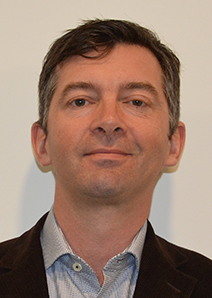
How can local governments understand, value and preserve the benefits they receive from natural assets and ecosystems? This is a question that Roy Brooke, Executive Director of the Municipal Natural Assets Initiative (MNAI), and his team help answer and thus ensure that, ultimately, natural assets are a vital part of all Canadian cities’ and towns’ resilient municipal infrastructure systems.
Since 2016, Roy has led the team that has developed robust methodologies and tools that guide local government to value, inventory, account for, protect, rehabilitate, and manage natural assets. These natural asset journeys help local governments ensure they can continue providing core infrastructure services such as flood protection and stormwater management, as well as co-benefits that include health and climate adaptation and mitigation.
Roy also leads the MNAI team’s efforts to create a robust enabling environment for local governments. Some of the latest advancements include the development of professional norms, national standards, and academic programming and training.
Over the last two years alone, the number of Canadian communities engaged in natural asset management with MNAI has grown from 11 to 90. This on-the-ground work with local governments combined with enabling activities can help communities secure the services they receive from nature for generations to come.
Nino Di Cara
Electric Autonomy Canada – Toronto, Ontario

If you want to know the latest and greatest of electric vehicles, Electric Autonomy Canada has you covered. This paywall-free independent news platform reports on Canada’s transition to electric vehicles, autonomous transportation, and new mobility services. Before its inception in 2019, most information about electric vehicles was published in the US or Europe and primarily focused on the capabilities of the vehicles. There was very little written about EV policy or regulation and almost nothing on what was happening in Canada. Nino set out to fix this.
By establishing and advancing a national dialogue and collaboration among the EV industry and its stakeholders, Nino has sparked the pro-active participation essential for Canada’s successful transition to zero-emission vehicles. Electric Autonomy Canada’s articles have been viewed over 2 million times by over 550,000 users. By showcasing the successes, opportunities, and newest advances in EV technology in an accessible, free format, more Canadians can be educated about the economic opportunity of the transition to EVs as a solution to the climate crisis.
Alison Cretney
Energy Futures Lab, The Natural Step Canada– Ottawa, Ontario

Addressing the future of energy and climate in Alberta is an extremely polarizing topic. Amidst this divisiveness, Alison is a determined advocate for the necessity of collaboration, bringing a wide diversity of viewpoints together and supporting them to truly listen to one another, find common ground, and ultimately to work together effectively.
Alison leads the Energy Futures Lab which cultivates a diverse and influential network of leaders in Alberta’s energy sector, aligning them behind a shared vision and enabling their collaborative work on a dynamic portfolio of dozens of initiatives to move Canada towards a net-zero, inclusive and prosperous energy system. She has played a key role in elevating solutions with energy sector leaders, communities and federal and provincial leaders, while creatively addressing ‘beyond technology’ barriers.
Her leadership and advocacy enabled a much wider recognition of the spectrum of opportunities for Canada to lead in the energy transition, influencing investment decisions and provincial economic diversification priorities. Ultimately, she supports many Albertans to move from resisting energy transition to seeing and developing numerous opportunities in a low emission economy.
Corey Diamond
Efficiency Canada (Carleton University) – Ottawa, Ontario

Globally, energy efficiency could deliver 40% of the world’s Paris commitments. This means eliminating carbon emissions from our buildings, industry and transport. In 2018, Corey helped establish Efficiency Canada at Carleton University to act as a policy advocacy organization, encouraging policymakers to follow through on the undeniable potential of energy efficiency. As Executive Director, Corey leads a team focused on moving Canada toward its fullest energy efficiency potential – resulting in a sustainable environment, a productive economy, and a just, equitable society.
In just two years, the organization has used its unique approach – research, communications and grassroots organizing – to encourage the federal government to invest/finance $10.5 billion on energy efficiency initiatives. This is, by far, the largest investment the federal government has made to help meet its climate commitments.
Efficiency Canada is a major Canadian thought leader on climate issues. They have been featured in more than 2,000 news stories as a sought-after voice on many major TV/radio stations and interviewed by all major national newspapers.
Dr. Ellen Field
Lakehead University – Orillia, Ontario
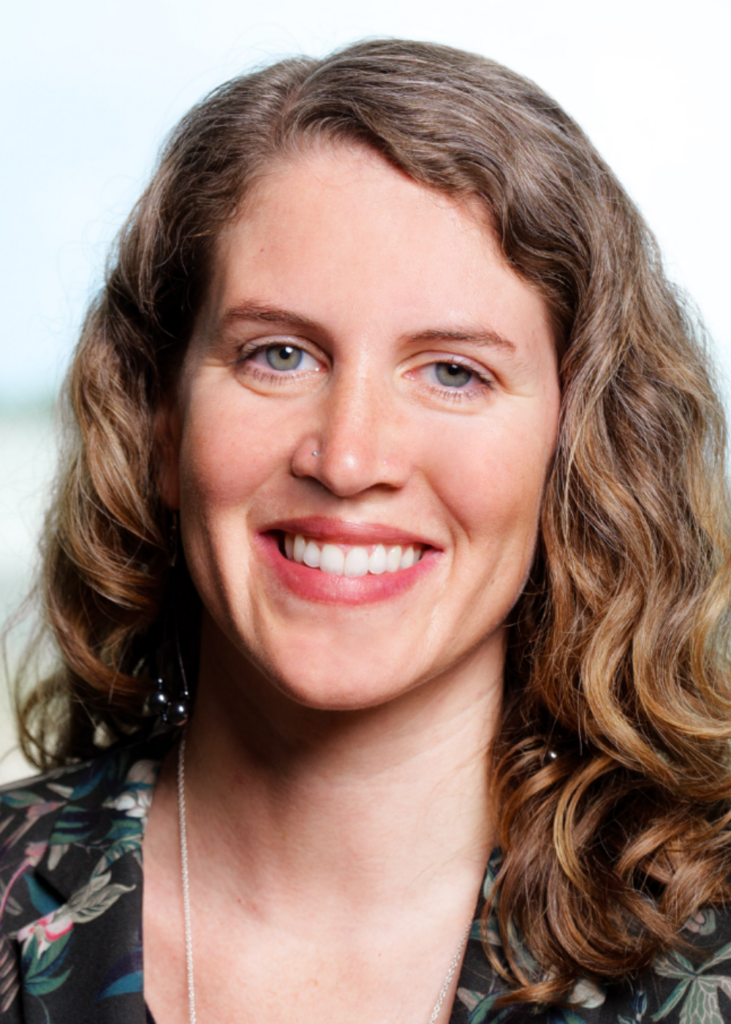
Spreading environmental education when we don’t know what we don’t know can be difficult. Dr. Ellen Field led a national study on climate change education in Canada which resulted in surveying 3,196 Canadians on their knowledge and understanding of climate change, perceptions of risks, and views on the role of schools and climate change education. The survey provides the first comprehensive snapshot of climate change education practice in Canada by analyzing the number of hours of instruction, teacher knowledge, and their perceived barriers; this data has been presented in one national report and six regional reports.
The data was mobilized through workshops with 250 regional education leaders to develop climate change education action plans. Ellen teaches 120 teacher candidates a year on how to teach climate change education and has facilitated professional development workshops with 900 teachers from across Canada. This helps to bridge the gaps in knowledge so that teachers can continue to inspire students to be passionate about environmental action. To amplify this impact, Ellen started a professional learning community on climate education with 900 active members and supported 25 youth advocates for climate curriculum reform in BC.
Emma Gilchrist and Carol Linnitt
The Narwhal – Victoria, British Columbia

Canada needs accurate and unbiased environmental journalism more than ever. Carol and Emma co-founded The Narwhal in 2018 in response to a crisis in Canadian environmental journalism that had seen the elimination of nearly all the environmental reporters at major news outlets.
Leveraging tireless, Watergate-levels of investigative journalism that dishes out freedom-of-information requests like Halloween candy, the team regularly conducts deep, on-the-ground research that exposes misbehaviour and corruption by governments and companies. In 2021, The Narwhal received the second-highest number of nominations in the Canadian Association of Journalists’ awards, second only to CBC.
The Narwhal has seen almost immediate success — their readership has increased from 2.4 million in 2019 to over 4 million in 2020, and they currently count over 3,500 monthly paid members. In the fall of 2021, they’re launching a three-person Ontario bureau, which will bring their staff team up to a total of 16.
Sarah Houde
Propulsion Québec – Montréal, Québec

With the mission to position Québec as a global leader in developing and implementing smart and electric modes of ground transportation, Sarah founded Propulsion Québec, a cluster and hub for Electric and Smart Transportation (EST) trials and use.
Propulsion seeks to accelerate and support small and medium-sized businesses in Quebec working to develop technologies in the EST industry that aim to reinvent the future of mobility, have a high impact on the environment and enhance a positive energy transition. Sarah has also influenced government officials to create a progressive green economy plan, focused on Propulsion’s priorities and GHG reductions for the entire province.
By physically knocking on doors to rally numbers, gain support, and raise private funds (and refusing to be turned down), Sarah advances Propulsion’s influence within Québec as an invested leader in electric transportation.
Channa Perera
Canadian Electricity Association – Ottawa, Ontario

Based on his expertise and perspective in the electricity business, Channa has played a key role over the last decade in influencing electricity companies on sustainable business practices through the Canadian Electricity Association’s (CEA) Sustainable Electricity (SE) Program. More recently, Channa and his team played an instrumental role in further mainstreaming sustainability in the industry by introducing an easy-to-understand framework that prioritized action on climate change, infrastructure renewal and modernization; risk management; building relationships with Indigenous and local communities; and business innovation and excellence. This change has rejuvenated the industry’s commitment to understanding its sustainability impacts, making integrated business decisions, and providing stakeholders with key material information on its sustainability performance.
Building on this initiative, and in light of social justice issues highlighted during the first year of the COVID-19 pandemic, Channa also worked with CEA member companies on a new industry commitment on Equity, Diversity and Inclusion (ED&I). Approved by the CEA Board of Directors in November 2020, this aims to promote inclusive work cultures; advance talent and equal opportunity (and eliminate systemic barriers); promote community engagement (to engage marginalized groups); support education and awareness; and promote sustainable procurement. We can’t wait to see the results of this initiative in the future!
Dr. Scott Stanners
BC Bioenergy Network – Vancover, British Columbia

BC Bioenergy Network is an industry-led initiative that helps deploy near-term bioenergy technologies (converting organic material into heat, electricity and biofuels) and supports research towards building a world-class bioenergy capability in BC.
As Executive Director, Scott championed the establishment of strategic steering committees to tackle the Provincial targets of 650 million litres/year of low-carbon fuel and 15% renewable content in BC’s natural gas system.
Scott has singlehandedly ran a monthly event, the West Coast Bioenergy Guild, which has attracted over 100 participants per month for the last 12 years. This event was created in response to the need for education in the circular bio-economy and aims to share knowledge and develop relationships. In the spirit of preparing the next generation for the climate crisis ahead, Scott regularly lectures to post-secondary students about careers, mentors, and personal growth.
Dr. Ingrid Waldron
The ENRICH Project via MakeWay – Hamilton, Ontario
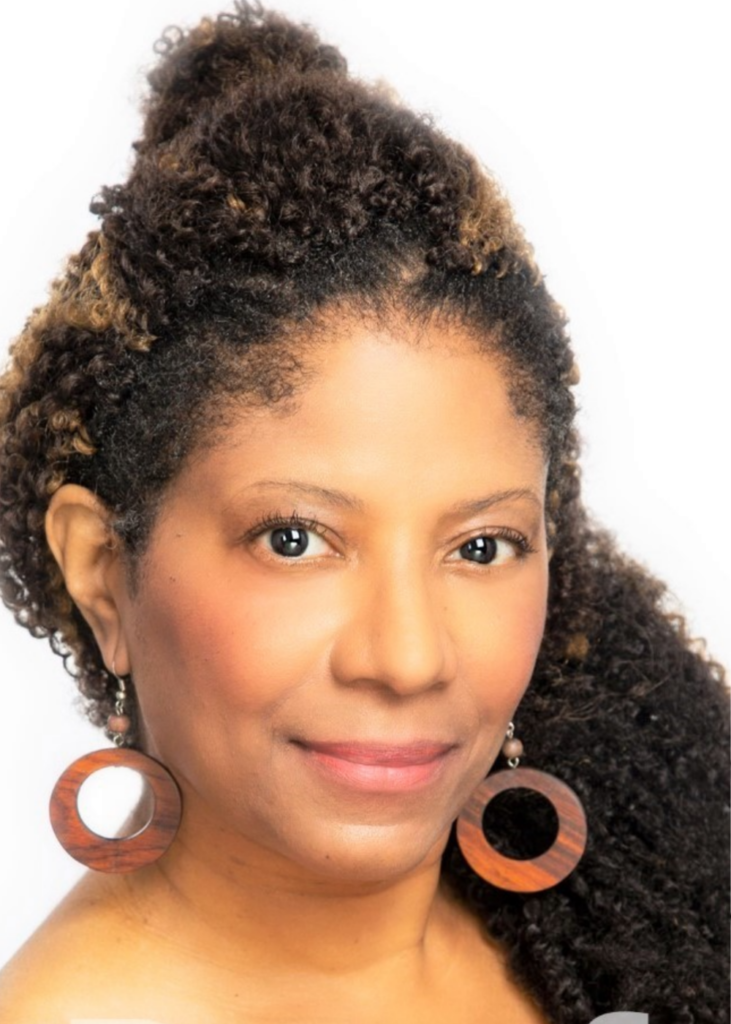
In Canada, we are still fighting systemic issues within all parts of society. One of these issues takes form in environmental racism, and how minority groups are disproportionally affected by environmental hazards and climate change.
Through dedicated and tireless research Ingrid revealed the extent of the damage that polluting industries have caused to Indigenous, African Nova Scotian, and other racialized communities. She addressed this by co-producing with actor Elliot Page the Netflix documentary “There’s Something in the Water,” which is based on her book of the same name.
Ingrid is dedicated to advocating for addressing environmental racism in Canada. She is responsible for creating the Environmental Noxiousness, Racial Inequities & Community Health Project (ENRICH) that has had several impacts, the most impressive of which was the collaboration with an MP on the first federal environmental racism bill (Bill C-230), A National Strategy to Redress Environmental Racism.
Ingrid also helped to get the landfill that has been in the African Nova Scotian community in Shelburne since 1943 closed for the first time through research and advocacy, and implemented multiple water-testing stations to ensure racialized communities continue to have clean water.
Dr. Greg Zilberbrant
McMaster University – Hamilton, Ontario
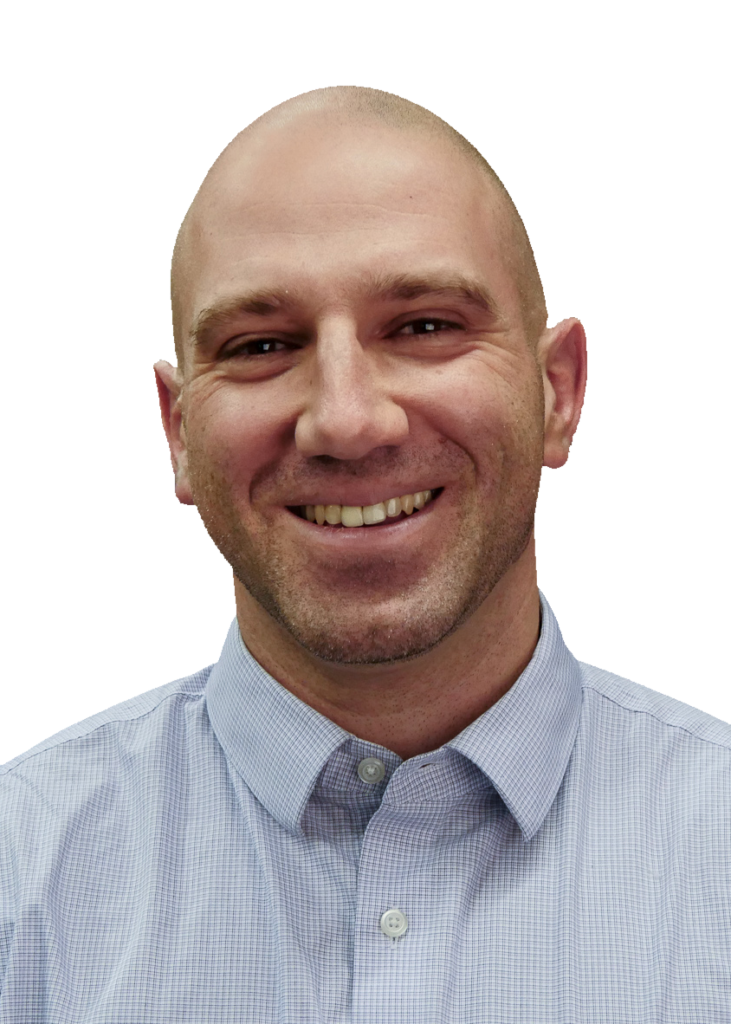
To make it to 2050, we need an army of sustainability professionals. Dr. Greg Zilberbrant is at the forefront of that effort by developing and delivering educational training programs on the circular economy, carbon mitigation, leading transition, and sustainable infrastructure to over 100 industry professionals/leaders in the last two years.
One of these programs was the first university-level professional certificate in Circular Economy in Canada. The course was exceptionally well received and showcased by the Ellen MacArthur Foundation, a global leader on the topic. He also created 7 sustainability courses in 4 distinct programs focusing on experimental learning and community engagement. In response to the COVID-19 pandemic, Greg created online software and training resources for the circular economy to support remote learning opportunities.
Finally, free online tools and resources for professionals were created to help assess and communicate carbon reduction priorities and material dependency, spreading Greg’s impact beyond the scope of the classroom.
In total, he has personally reached over 1,500 students within the last two years to educate the next wave of sustainability professionals.

















